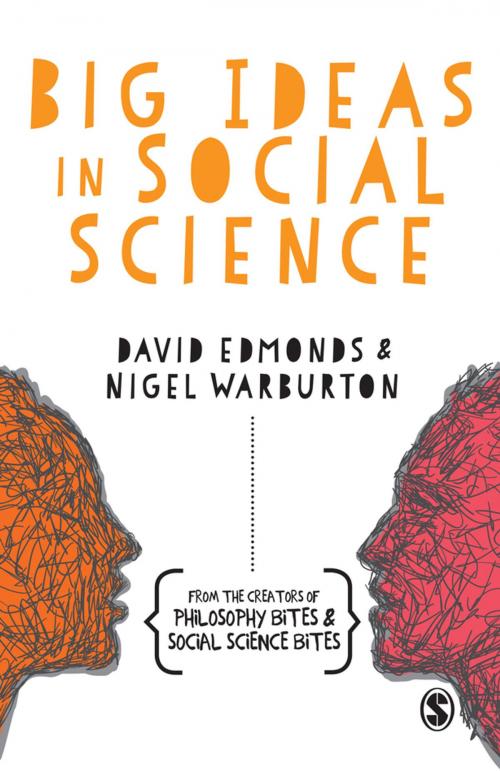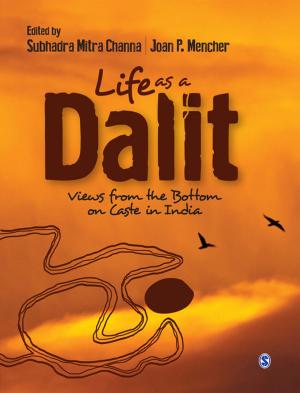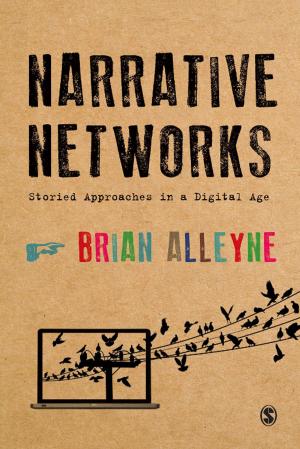| Author: | ISBN: | 9781473933484 | |
| Publisher: | SAGE Publications | Publication: | November 16, 2015 |
| Imprint: | SAGE Publications Ltd | Language: | English |
| Author: | |
| ISBN: | 9781473933484 |
| Publisher: | SAGE Publications |
| Publication: | November 16, 2015 |
| Imprint: | SAGE Publications Ltd |
| Language: | English |
Are human beings less violent than before? Why do we adopt certain moral and political judgements? Why is the gap between rich and poor getting bigger? How do we decide which criminal policies are effective? What is the Population Challenge for the 21st Century? What is social science?
In Big Ideas in Social Science, David Edmonds and Nigel Warburton put these and more of our society’s burning questions to 18 of the world’s leading social scientists including Steven Pinker, Ann Oakley, Lawrence Sherman, Kate Pickett, Robert J. Shiller and Doreen Massey.
The result is a collection of thought-provoking discussions that span the fields of sociology, politics, economics, criminology, geography and many more.From the people who brought us the Philosophy Bites series, Big Ideas in Social Science is a fascinating and accessible introduction to the key ideas and findings of the social sciences.
The interviews for this book are based on a series of podcasts, Social Science Bites, sponsored by SAGE. **Social Science Bites **was inspired by the popular Philosophy Bites podcast (www.philosophybites.com), which was founded by David and Nigel in 2007 and has so far had 26 million downloads. Philosophy Bites has spawned three books, Philosophy Bites, Philosophy Bites Back and Philosophy Bites Again.
Are human beings less violent than before? Why do we adopt certain moral and political judgements? Why is the gap between rich and poor getting bigger? How do we decide which criminal policies are effective? What is the Population Challenge for the 21st Century? What is social science?
In Big Ideas in Social Science, David Edmonds and Nigel Warburton put these and more of our society’s burning questions to 18 of the world’s leading social scientists including Steven Pinker, Ann Oakley, Lawrence Sherman, Kate Pickett, Robert J. Shiller and Doreen Massey.
The result is a collection of thought-provoking discussions that span the fields of sociology, politics, economics, criminology, geography and many more.From the people who brought us the Philosophy Bites series, Big Ideas in Social Science is a fascinating and accessible introduction to the key ideas and findings of the social sciences.
The interviews for this book are based on a series of podcasts, Social Science Bites, sponsored by SAGE. **Social Science Bites **was inspired by the popular Philosophy Bites podcast (www.philosophybites.com), which was founded by David and Nigel in 2007 and has so far had 26 million downloads. Philosophy Bites has spawned three books, Philosophy Bites, Philosophy Bites Back and Philosophy Bites Again.















